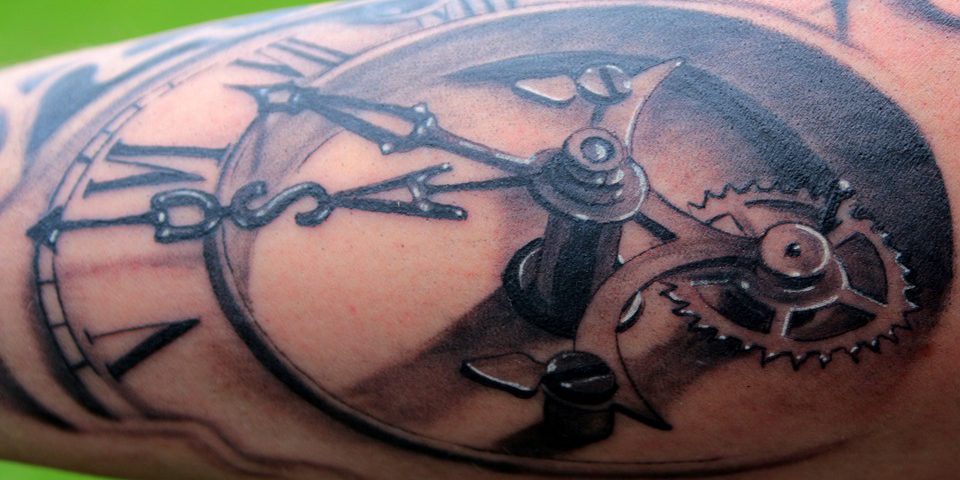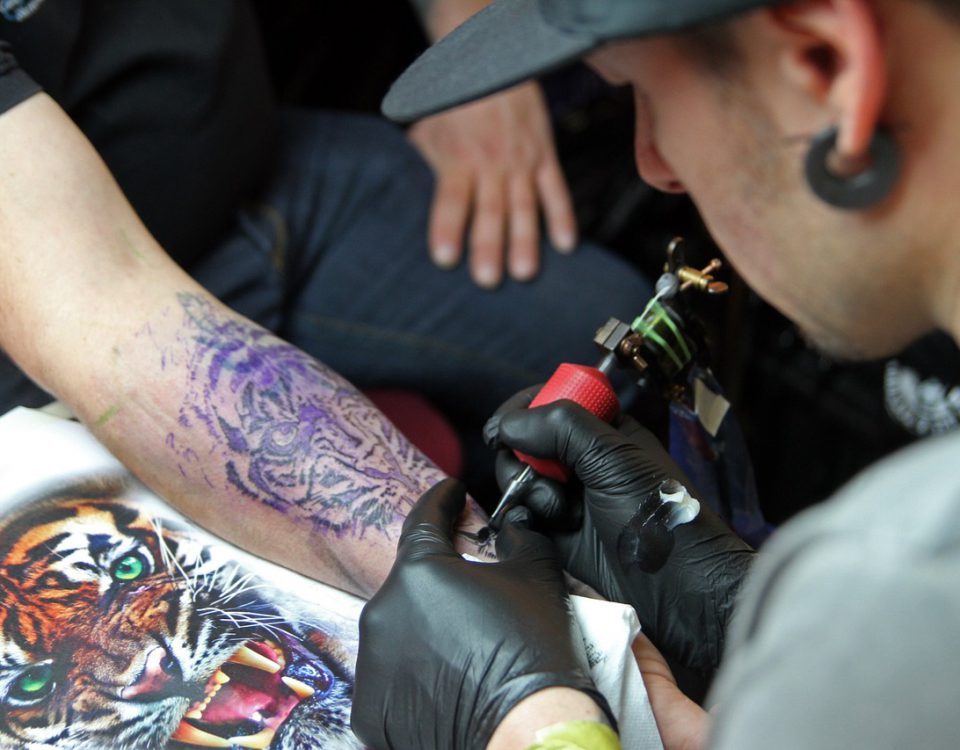What is Considered a “difficult” tattoo to remove?

by NUYU Laser Tattoo Removal
Here are the main “difficult” tattoos when it comes to Laser Tattoo Removal:
If your tattoo is actually a scar.
Not common, but some people can get a scar from getting a tattoo. Ways to avoid this is by going to a professional tattoo artist who has been practicing his/her skill for years and follows proper health and safety regulations. Scarring can happen if the artist is untrained and punctures the skin excessively creating a bigger wound than desired. Scarring can also happen if you’re prone to scarring, keloids or have certain skin conditions. Scars usually form with a thicker layer of skin making it harder for the laser to penetrate the ink. Subsequent treatments will eventually hit the target, but areas where there is scaring may take longer to remove.
If you’re on certain medications.
In particular, Accutane, Tretinoin and Gold therapy. Although these do not involve the tattoo, these medications are photosensitizing drugs that should be avoided when getting laser tattoo removal. Normally anyone who is on Accutane or Tretinoin should not get laser treatments until after six months of being off the medication. Gold Therapy is prescribed to patients who have arthritis and shouldn’t get any form of laser treatments without discussing with your family physician first.
If your tattoo is on the fingers and toes and have blown out.
“Blow outs” happen when the tattooist has gone too deep with the needle and hits the subcutaneous layer of skin (tissue) causing the ink to spread looking like blurred lines. Usually very common in areas like fingers and toes, and parts of the body where there is less tissue. The laser will be able to penetrate the ink, but it could take some time to see results with blow outs.
If you had an allergic reaction to the tattoo when you got it.
Anyone who had a moderate to severe allergic reaction to tattoo ink when they first got the tattoo (mostly common in red inks) should take non prescription allergy medication prior to treatments for at least 3-5 days during the healing period. There is an increased chance of allergic reaction since the ink will be shattered into smaller particles and distributed through your immune system. Mild allergic reactions to ink can be treated with laser tattoo removal successfully, sometimes giving your body more reason to target the area for healing.
Pregnant, breastfeeding or trying to get pregnant
It is unknown, but there could be a possible risk of transfer of ink to the fetus while pregnant or to the baby while breastfeeding when healing from laser tattoo removal treatments. For pregnant and or breastfeeding woman, the body is already working twice as hard to stay healthy, adding additional stress to the body such as removing ink particles is not recommended. Pregnant and breastfeeding women should just postpone a few months their tattoo removal treatment.
Apart from these circumstances, laser tattoo removal is fairly straight forward. If you can tolerate some pain for a few minutes, sometimes just seconds, your body will work naturally at trying to remove ink particles that have been shattered.



